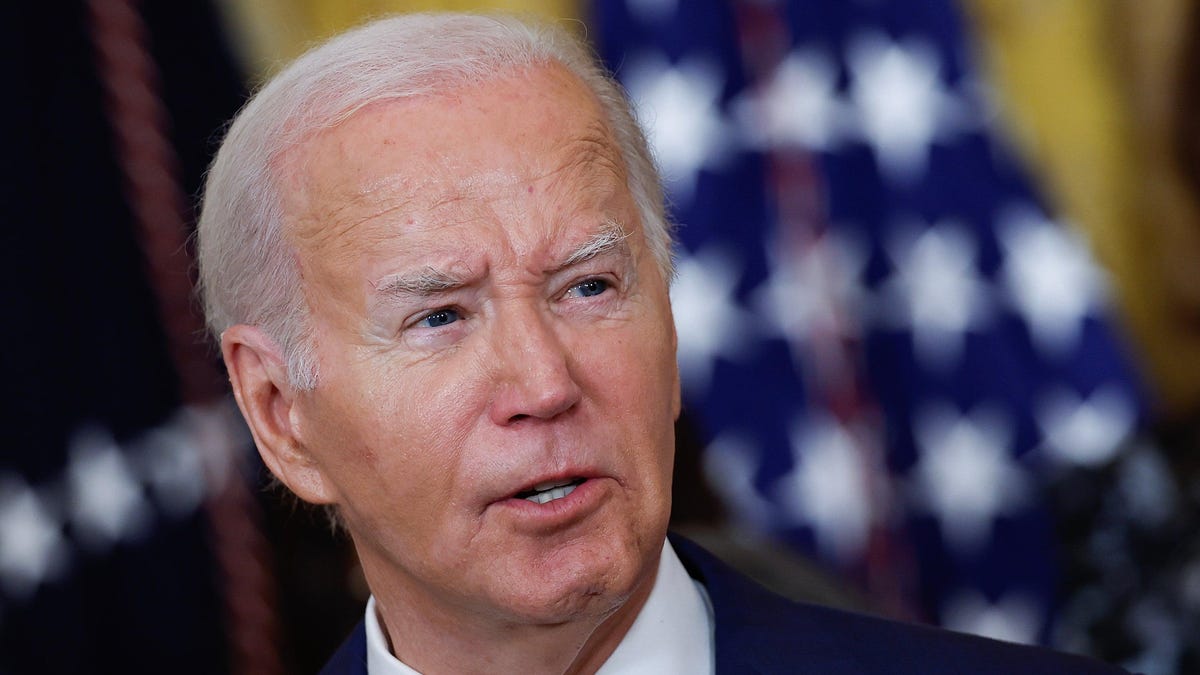US Bans Sale of Kaspersky Antivirus Software Due to Russian Ties
The United States has officially announced a ban on the sale of antivirus software from the Russian cybersecurity firm Kaspersky Labs. The Department of Commerce’s Bureau of Industry and Security cited Kaspersky’s alleged close ties to the Russian government as a critical risk to American cybersecurity.
According to sources, Kaspersky’s software had privileged access to American computer systems, raising concerns that Russian actors could exploit this access to steal sensitive information, install malware, or withhold critical updates.
History of Concerns
Kaspersky has been under scrutiny since 2017 when the U.S. government banned its software from federal computers. Hackers reportedly used Kaspersky products to steal sensitive NSA documents, and there were allegations that Russian agents exploited the software for their own purposes.
Now, President Biden is leveraging powers created during the Trump administration to implement a nationwide ban on Kaspersky. The administration is also adding Kaspersky to a trade restriction list, potentially damaging its international reputation further.
Commerce Secretary’s Announcement
Commerce Secretary Gina Raimondo emphasized the ban’s importance during a press call, stating that the U.S. would use all available tools to protect national security. The restrictions will block new U.S. sales of Kaspersky products within 30 days and limit software updates, resales, and licensing after 100 days.
Additionally, the Department of Commerce announced sanctions against twelve Kaspersky executives, making it difficult for them to start new companies and preventing American customers from paying Kaspersky.
Kaspersky’s Response
Kaspersky has consistently denied any ties to the Russian government, with CEO Eugene Kaspersky even offering to share the company’s source code with the U.S. government. However, these efforts failed to dispel suspicions.
In response to the ban, Kaspersky expressed disappointment, stating that the company would explore all legal options to maintain its operations and relationships.
International Impact
Kaspersky currently serves over 220,000 corporate clients in 200 countries, with Volkswagen listed as one of its largest customers. The company also has operations in Massachusetts.
This ban is reminiscent of former President Trump’s attempts to restrict Chinese social media platforms TikTok and WeChat. While the executive branch has the authority to ban technology from “foreign adversary” nations, legal challenges may arise, as seen in previous cases.
Image/Photo credit: source url





